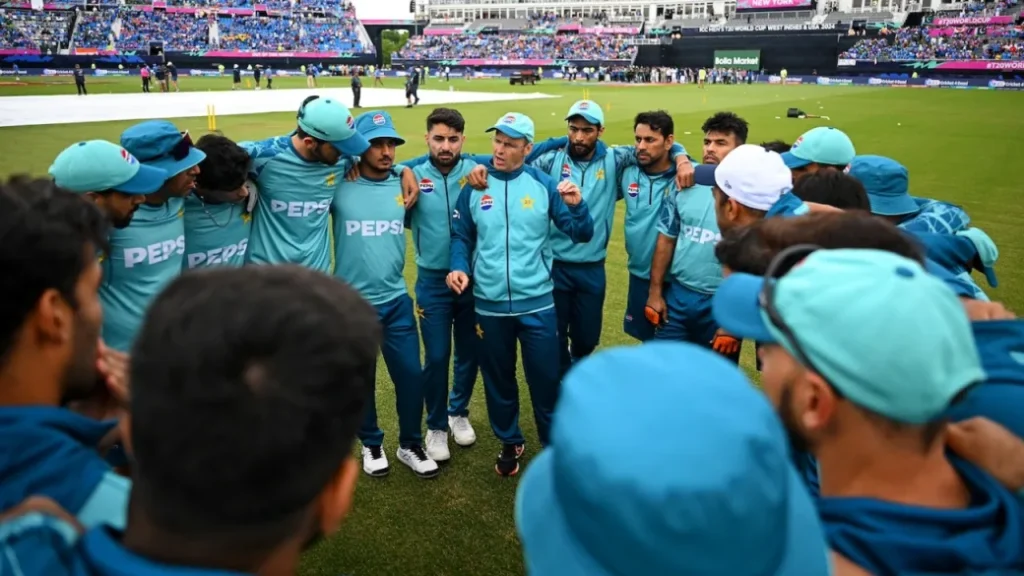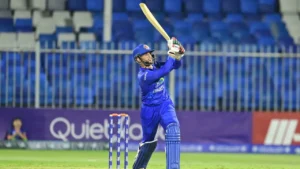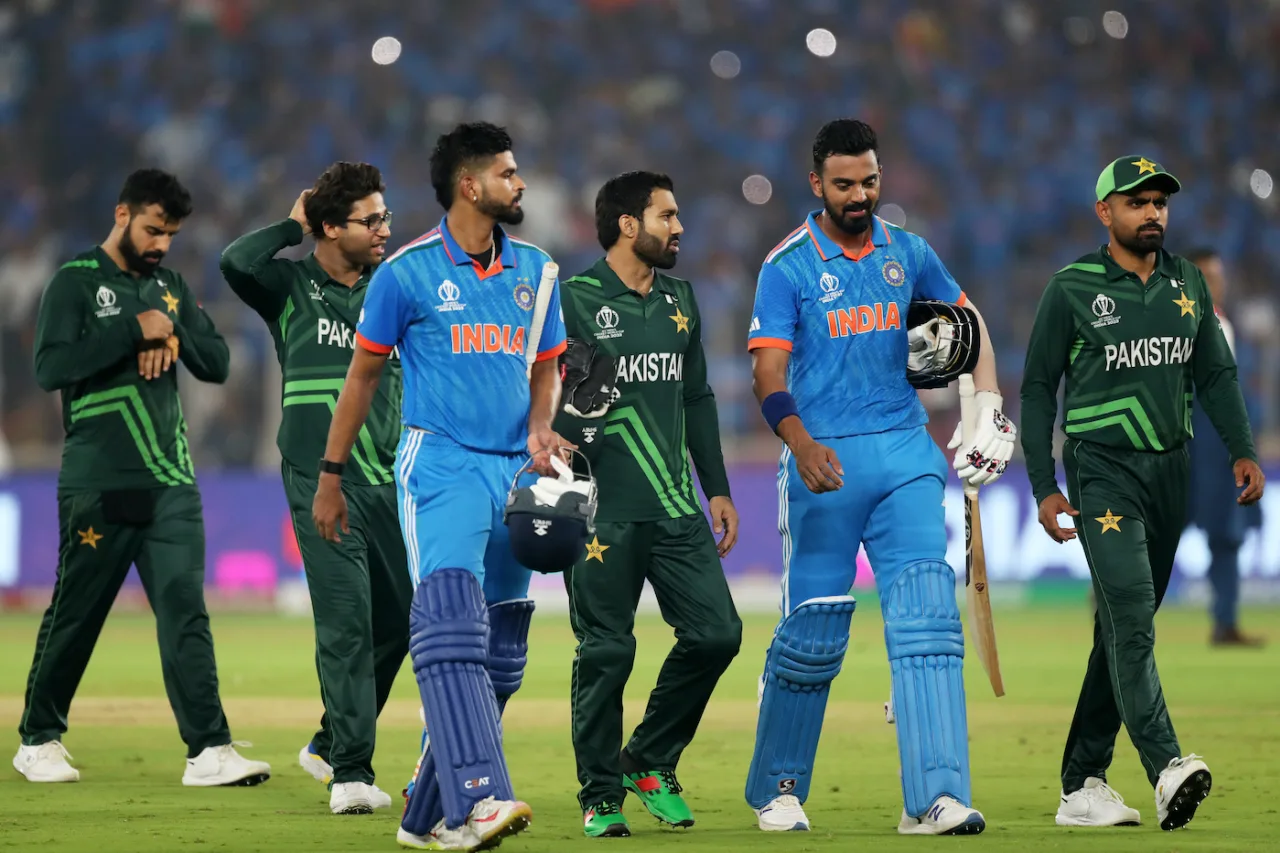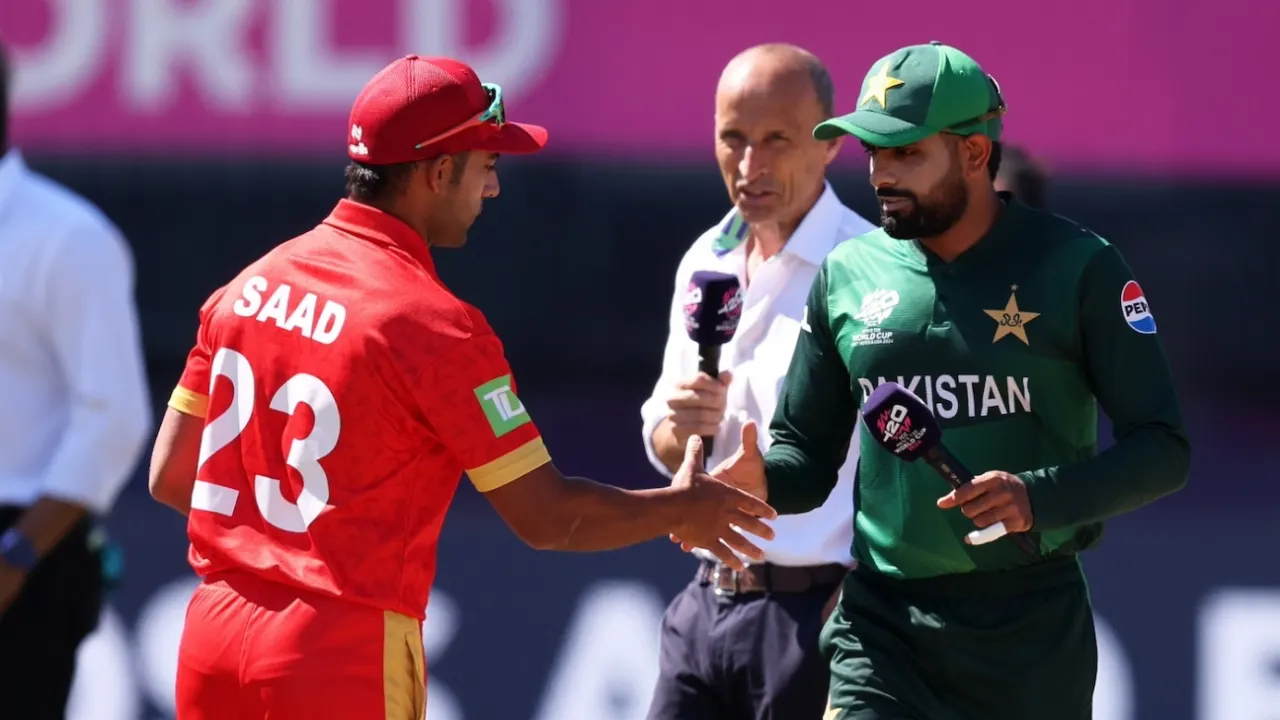The Pakistan cricket team unity has long been a symbol of national pride, but recent times have seen internal divisions impact the team’s performance. In the face of growing unrest, the Pakistan Cricket Board (PCB) organized a connection camp aimed at restoring unity within the Pakistan cricket team.
This camp, which ended on Monday, served as a crucial step toward resolving some of the team’s underlying challenges, including a series of disappointing results, as well as tensions between players and management.
In this article, we will explore the main topics of discussion at the camp, the steps being taken to restore harmony within the team, and how these efforts could lead to future success.
The Context: Pakistan Cricket’s Struggles
Over the past year, Pakistan cricket team unity has been tested severely. Pakistan cricket team has gone through one of its most challenging periods. Losses against Afghanistan in the ODI World Cup, an unexpected defeat to the USA in the T20 World Cup, and a 2-0 series defeat at home to Bangladesh have left fans and experts alike questioning the team’s direction.
These results haven’t just been about on-field performance speculation around a lack of unity in the Pakistan cricket team has been rife, particularly after the swift change in captaincy with Shaheen Shah Afridi briefly stood in as T20I captain before Babar Azam was reinstated in the role.
As both Jason Gillespie (Pakistan’s head coach) and Gary Kirsten (white-ball coach) began their tenure, they were faced with a fractured dressing room. Kirsten was reportedly taken aback by the level of discord when he first arrived. This division extended beyond the players and coaches, as Salman Naseer, the PCB’s chief operating officer, admitted during the camp.
Open Conversations at the Connection Camp
The PCB connection camp provided an opportunity for the team and its management to engage in open dialogue about the issues at hand. It’s here that the lack of unity was officially acknowledged. According to Naseer, the camp was structured to offer a “safe space” where players and management could freely discuss their concerns without fear of repercussions. This openness was deemed essential to identifying solutions and creating a roadmap for the future.
One of the key focuses was the tension between the players and the board, which had intensified earlier in the year. Several top players, including Babar Azam, Shaheen Shah Afridi, Mohammad Rizwan, and Naseem Shah, were denied No Objection Certificates (NOCs) to participate in international leagues, which left many feeling frustrated. The PCB cited workload management as the reason for restricting these players, but it only exacerbated the sense of division.
By the end of the camp, there was a unanimous agreement: improving team unity is the key to reviving Pakistan’s fortunes on the cricket field.
Key Takeaways from the Camp
- Commitment to Team Unity: Both players and management pledged to work together to resolve their differences and improve the team’s performance. The goal is to ensure that all parties involved players, coaches, and administrators are aligned in their vision for the future of Pakistan cricket team unity.
- Workload Management Discussions: The topic of workload management was a major point of contention, particularly because it had previously strained relationships. The camp sought to address these concerns and find a balance between the demands of international cricket and the players’ physical well-being.
- The Importance of Communication: The camp highlighted the need for improved communication between the players, management, and the board. This would involve more regular meetings and discussions to ensure that everyone remains on the same page.
Optimism for the Future: Reviving Pakistan Cricket Team Unity
Despite the difficult circumstances, Gary Kirsten expressed optimism about Pakistan cricket team unity and its future. Having spent time watching the Champions Cup in Pakistan, Kirsten praised the depth of talent in the country, noting that many young players were ready to step up and contribute. His remarks suggest that Pakistan’s future is not bleak rather, the country has the talent it needs to return to its winning ways.
In addition to this, Jason Gillespie reiterated the commitment of the coaching staff to listen, learn, and implement strategies to help players and the team grow. He emphasized the pride that Pakistan’s cricketers feel in representing their country and noted that everyone involved is determined to turn things around.
The Road Ahead for Pakistan Cricket
While the PCB connection camp was not a magic solution to Pakistan cricket’s current challenges, it was a critical first step in the right direction. Unity within the team and between the team and management will be essential if Pakistan is to regain its place as a leading force in international cricket.
The next few months will be crucial. With a Test series against England on the horizon, the team must quickly find a way to translate the lessons learned at the camp into improved on-field performances. If they succeed, Pakistan cricket may well emerge stronger from this difficult period.
As fans of Pakistan cricket, it’s time for us to rally behind the team. Whether it’s supporting them in upcoming matches or staying informed on the latest news, our collective support can make a difference. What is your opinion on the PCB‘s initiatives to promote unity and cohesion within the Pakistan cricket team? Share your comments below, and don’t forget to subscribe for more insights and updates on Pakistan cricket!











